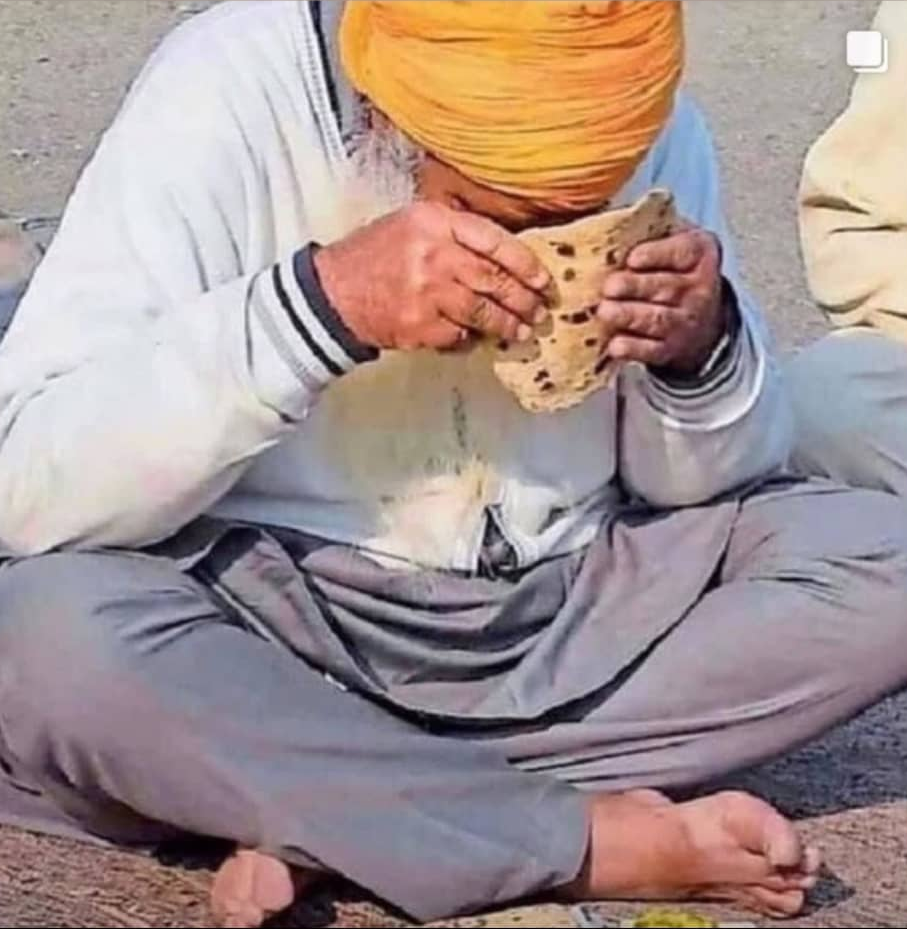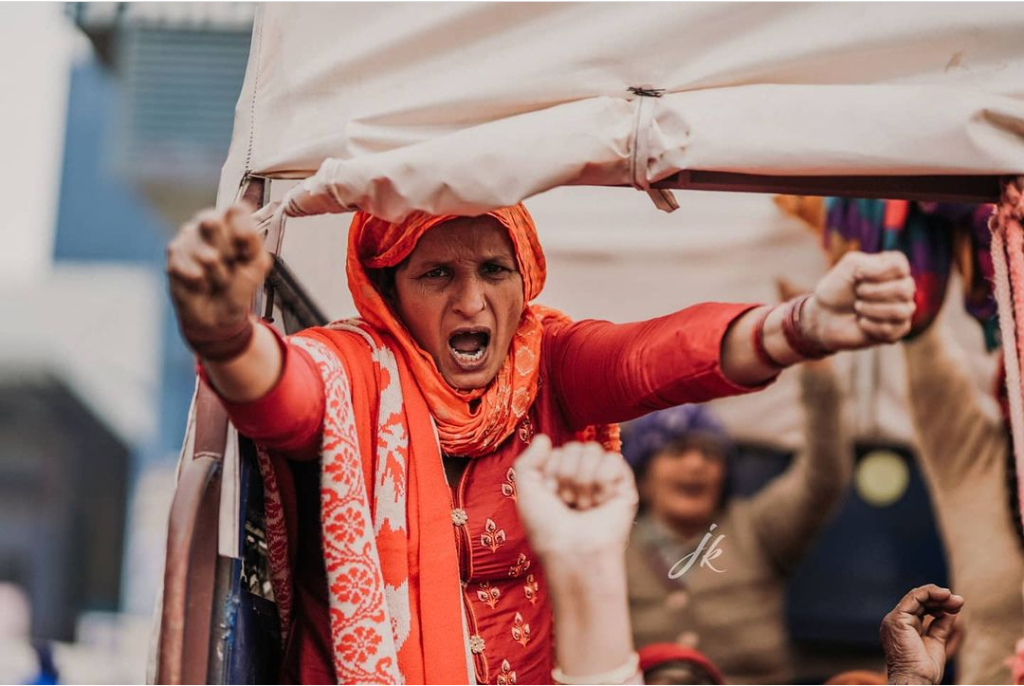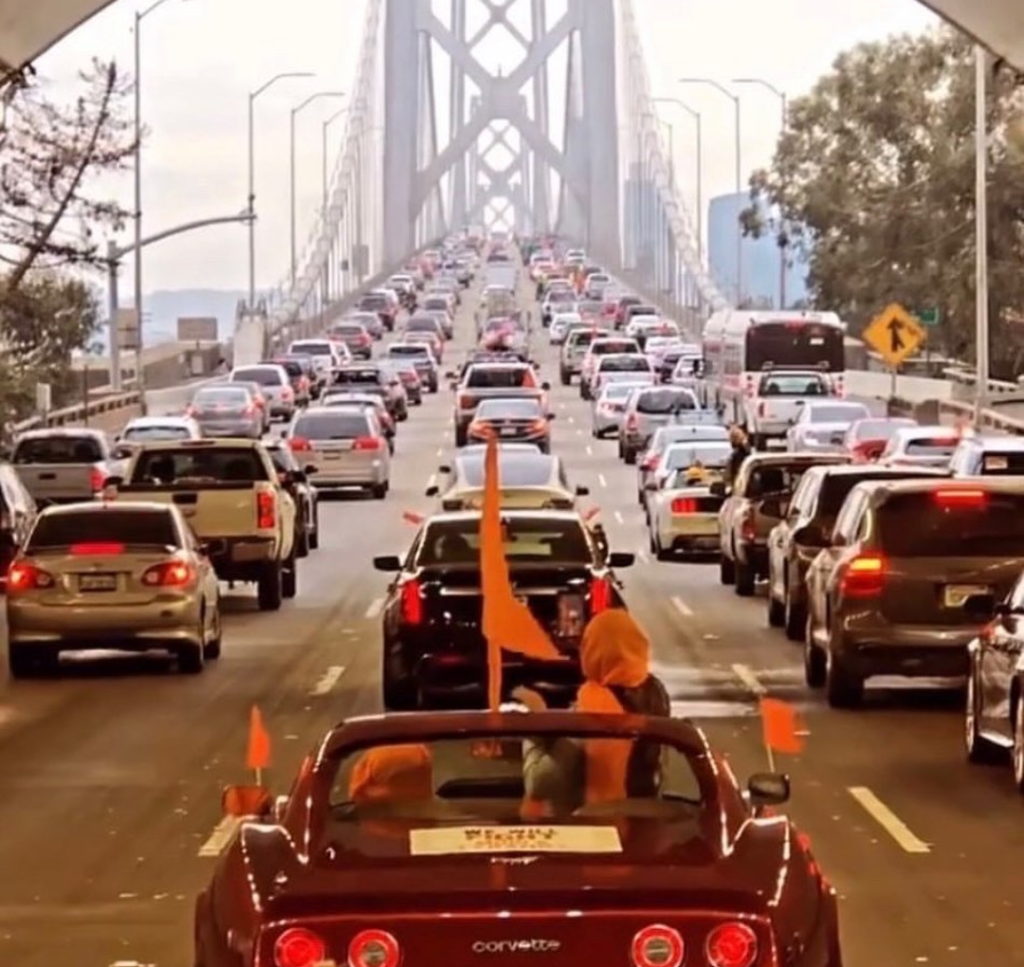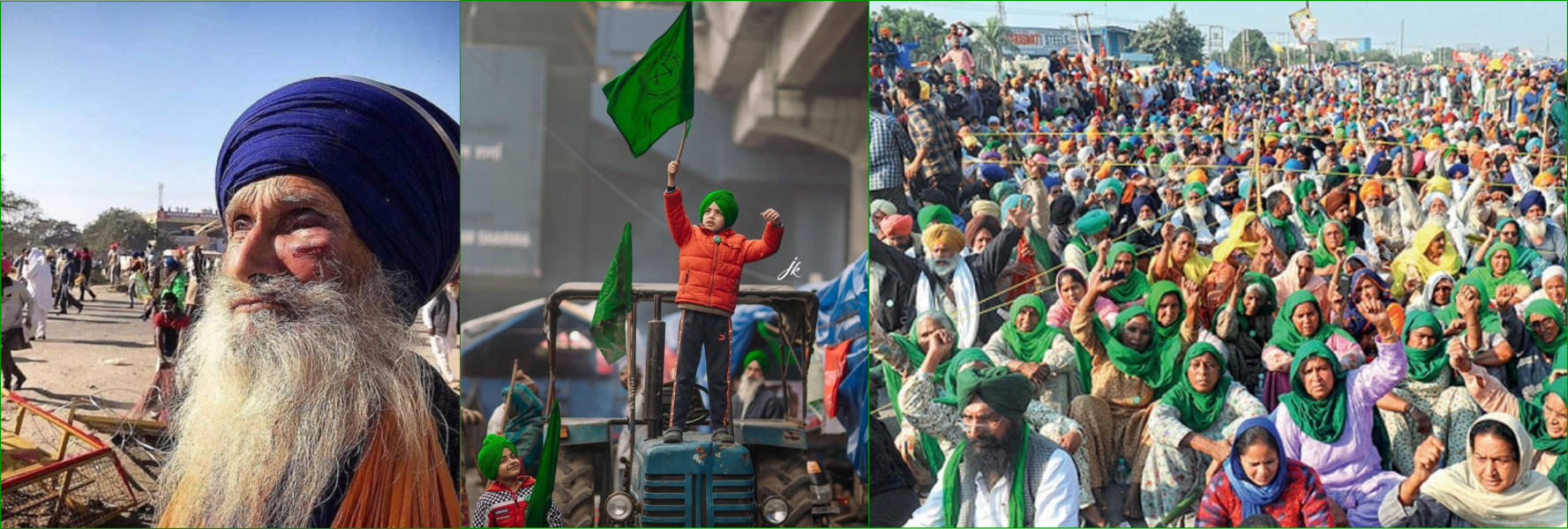2020 was a very different and challenging year to say the least and for many of us, 2021 hasn’t begun in the way we may had hoped for.
As I’ve reflected on the year that has passed, I continue to feel emotionally triggered by the sad reality that discrimination is prevalent, and the response is questionable. Diversity and Inclusion has been a topic at the forefront of many conversations in 2020 and it is certainly on the 2021 agenda for many organisations.
I’m an “Ethnic Minority” after all, because the Internet said so…
In May 2020, the killing of George Floyd sparked weeks of protesting for Black Lives Matter across the United States and the rest of the world. According to the New York Times, somewhere between 15 to 26 million people attended the protests in the United States. An estimated 210,000 attended BLM and anti-racism protests in the UK. Whilst demonstrations were largely peaceful, it is disappointing that the media portrayed scenes of violence and chaos rather than images of unity, solidarity and meaning.
Many sentiments consumed me at this time – namely frustration and anger at racist comments surfacing online, targeting ‘people of colour’ and the absolute injustice faced by many, whose lives absolutely matter. At this point, it became a deeper realisation for me; maybe the colour of my skin does in fact alter how I am accepted in the society I live in.
…
Living in the UK in a predominately white demographic as an ‘ethnic minority’ has always been the norm. From being one of five Asian pupils in my school year, to people saying my name wrong, or telling me they thought it is a boy’s name – it was just a part of life that never really phased me. I grew up watching Indian dramas with my mum, listening to Bollywood songs with my dad, speaking in Punjabi to my late grandfather and dancing to Punjabi music with my brother – and of course eating amazing, traditional home cooked Indian food. This all formed part of my upbringing and thus, identity.
Ok, let’s rephrase this, I am a Princess (Kaur)
Another big part of my identity is my faith. I’m a Sikh. Sikhism is a religion based on the core values of equality, compassion, humility, integrity, selfless service, kindness, respect and spirituality. With the core values close to my heart, I’m extremely proud to identify as a Sikh, and whenever there feels to be a tough moment – I think of the warrior princesses in Sikh history, remember to be brave and remain grounded. [I am beyond grateful to have learnt so much more about my history and identity whilst at University, and today I am grateful for social media pages being an excellent learning/awareness platform.]
There is no doubt of the oppression Sikhs faced in their history, namely the Sikh Genocide in 1984 which marks a dark period that will never be forgotten. Days after the death of George Floyd and BLM protests, millions of Sikhs around the world commemorated and mourned the atrocities of June 1984; and at that point in time, an outrage and disappointment at the hashtag #Sikh being blocked by social media platforms Instagram and Facebook. The feeling of being silenced was echoed by many and the all important question of, why is this happening? How is this possibly acceptable?
On 26 November 2020, 250 million workers and farmers took part in the largest protest recorded in history. But did you even know about it?
It’s true, and just because you didn’t see it on the mainstream news, doesn’t mean it it didn’t happen. Today, hundreds of thousands of Indian farmers have entered their 62nd day of peacefully protesting in India’s capital city, Delhi. The farmers have spent harsh winter days and nights protesting against government reforms which open up the agriculture sector to private players and large corporations, leaving them vulnerable to exploitation, debt, poverty, starvation and ultimately death. Approximately 40% of the 1.3 billion population in India relies on the agriculture sector for employment. To give a partial comparison, can you imagine minimum wage being scrapped for 40% of our population?
The protest is being led by farmers from the Northern State of Punjab and joined by other states such as Bihar, Haryana and Rajasthan. “The protests aren’t just about Punjab; they are for every hard working farmer in India.” Organisations such as Khalsa Aid are providing free food, shelter, blankets, washroom facilities are more. The community spirit has been second to none and the protesters have remained in high spirits. Sikhs refer to this as Chardi Kala translating to eternal optimism, ever progressive and being in a state of joy. The image below captures humility in its truest form.

The Indian state have used violence against the peaceful protesters, in the form of tear gas, water cannons and violent force. Many journalists and media outlets have spread mis-information and propaganda to support their own agendas.

Many of the protesters are elderly including women, who have lost so much in generations of oppression. In the last two years, more then 20,000 farmers have ended their lives due to the increasing debt in the farming industry, and more then 130 deaths have been recorded in the two months of protesting.
“We may not physically live in Punjab, but Punjab lives in us. Our people’s problems are our problems”
I haven’t visited my motherland for 17 years, but this fight matters to me as it does to many Indians worldwide. There have been peaceful protests in cities across the world including London, San Francisco, Sydney, Toronto, Berlin, Vienna, Washington and many more – to raise awareness and show solidarity.

Today, I simply want to raise awareness; awareness for this protest, for farmer rights and the oppression of my people. 26 January marks an important day in the calendar for India as it celebrates its Republic Day. This year, its about the Farmer Revolution and thousands more tractors have set out on their travel to the capital. My thoughts and prayers are with everyone on the grounds of Delhi, participating in a movement; for the people to be heard and justice to be served. To emphasise, this has and always will be a peaceful protest. We pray and wait for the day to see a more inclusive India, where such oppression and attack becomes history.
With my HR hat on…
Diversity and Inclusion has to go beyond protected characteristics. To me, it is about creating a culture and environment where individuals can be themselves in whatever form that derives in. Let’s work together on this, let’s challenge the status quo and the norm – let’s lead a brave narrative.
All thoughts and words expressed in this piece are solely my own and do not express the views or opinions of my employer.
Kiran Bhopal

